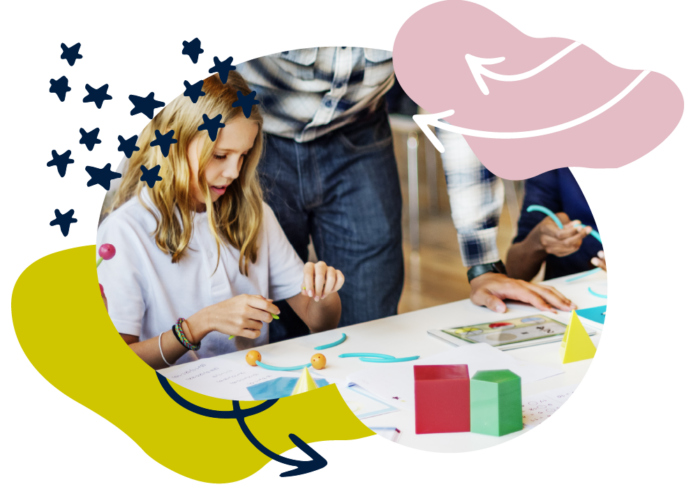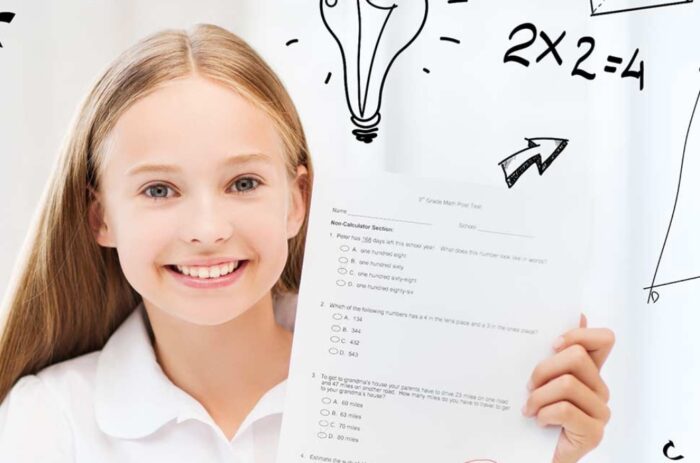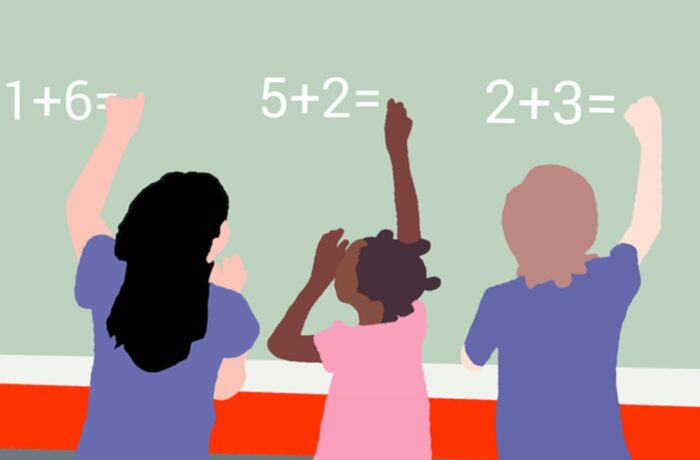
Year 6 can be a turning point in a pupil’s mathematical development. It is crucial for both teachers and parents to have effective strategies in place to overcome the difficulties of maths in year 6. This is the stage where children are introduced to algebra, complex fractions, and higher numbers among other maths year 6 topics.
You can play a significant part in assisting pupils in laying a solid foundation for their future aspirations as a parent or teacher. Fortunately, there are numerous strategies to utilise that have been proven to yield results. This article will look at reliable strategies for helping year 6 children with their maths revision.
Understand Maths for Year 6
It is vital that you understand what maths for year 6 is all about before diving into functional strategies. This is a wide range of subjects including geometry, algebraic expressions, fractions, decimals, and percentages, as mentioned.
Knowing the curriculum and the precise areas where your child could require assistance can give you a good place to start. Therefore, start by looking at the curriculum guide, school-approved textbooks, and other resources. As a parent or a teacher, it is easy to understand pupils by assessing their previous work or by giving them simple tests. Then you can make a plan for maths year 6 that will work.

Make a Plan
Successful revision of maths for year 6 requires an organised plan that captures all topics. Provide enough time for each area of the curriculum after breaking it up into digestible parts.
Be sure to address all topics with a well-planned strategy, which also avoids last-minute cramming. Assist your child in establishing appropriate objectives, monitoring their progress, and making any corrections.
If you are not in a position to plan this as a parent, you can talk to the teacher to assist. Also, there is a lot of online information that you can refer to.
Use Worksheets for Maths for Year 6
Worksheets are a great resource to revise maths for year 6 at home. They give pupils a practical learning experience and enable them to practise problem-solving on their own.
However, you can improve the revision by incorporating maths year 6 worksheets to help pupils grasp and remember ideas. If you are looking for these maths worksheets, here is what you need to know.
- Where to get maths worksheets – You can find a plethora of year 6 maths worksheets online using your phone, tablet, or home computer. Many reliable websites offer a wide range of printable PDF worksheets with questions covering all topics.
- How to use maths worksheets – You should encourage your child to use worksheets in a systematic way. To gain confidence, let them start with simpler problems and work their way up to more difficult ones. Always stress the value of demonstrating their work and outlining their thought process. This not only strengthens problem-solving abilities but also aids in identifying areas in maths for year 6 that require improvement.

Use Approved Textbooks
Approved textbooks are reliable resources for year 6 maths revision. Some are used at school while others are available in bookshops for use. They provide structured explanations, examples, and practice problems aligned with maths for year 6.
Make sure to go over the textbook with your child, help them understand the concepts, and motivate them to finish the tasks to aid them in remembering what they have learned.
Use Video Tutorials
Video tutorials and lessons have evolved into essential digital learning tools these days. They cover a variety of year 6 maths topics as well as topics from other classes. These tutorials include audiovisual explanations that can improve understanding and make difficult ideas simpler to grasp.
Apart from these, there are many other videos for pupils working on various challenges that your child can benefit from. But you have to be sure that the maths year 6 topics covered are in line with what the child is currently learning.

Use Visual Aids
Visual aids are effective teaching tools for abstract ideas. Use tools like charts, graphs, and diagrams to portray maths relationships graphically.
For instance, using visual aids to teach geometry can help pupils to understand angles, shapes, and spatial relationships more easily and effectively. You can consider all maths for year 6 topics that can benefit from visual aids and ensure they are applied effectively.
Use Mock Tests and Past Papers
Mock exams and past papers are great tools for assisting pupils in getting ready for examinations covering maths for year 6. After all, practice makes perfect. These resources help your child to manage their time wisely, get a sense of the exam style, and pinpoint areas where they may do better.
To replicate the actual testing atmosphere, set up practice test situations at home. It is important to monitor how your child is performing carefully and make certain that you go through these past papers together.

Use Real-Life Scenarios
Real-world examples can help make maths for year 6 lessons more approachable and interesting. This includes using scenarios that are around us. Your youngster should be encouraged to use maths in real-world circumstances such as for counting money and keeping records when you go shopping.
Also, include children in tasks like budgeting, measuring ingredients, or figuring out distances while driving. This useful strategy strengthens their understanding of maths in their everyday lives.
Keep Encouraging the Child
A pupil’s motivation and success depend heavily on encouragement from parents and teachers. Celebrate all of your child’s accomplishments in maths for year 6 learning and revision, no matter how minor, and provide them ongoing support.
Recognise their efforts, support them if necessary, and reassure them that mistakes are a normal part of learning. It is also good to reward their efforts all the time.

Conclusion
These proven strategies may significantly enhance a pupil’s understanding and performance during year 6 maths revision. You may deliver a well-rounded and efficient learning experience by following these tips whether you are a teacher or a parent. Keep in mind that providing your child with direction and encouragement can help them build a solid foundation in maths for year 6 and put them on the road to success in future.





